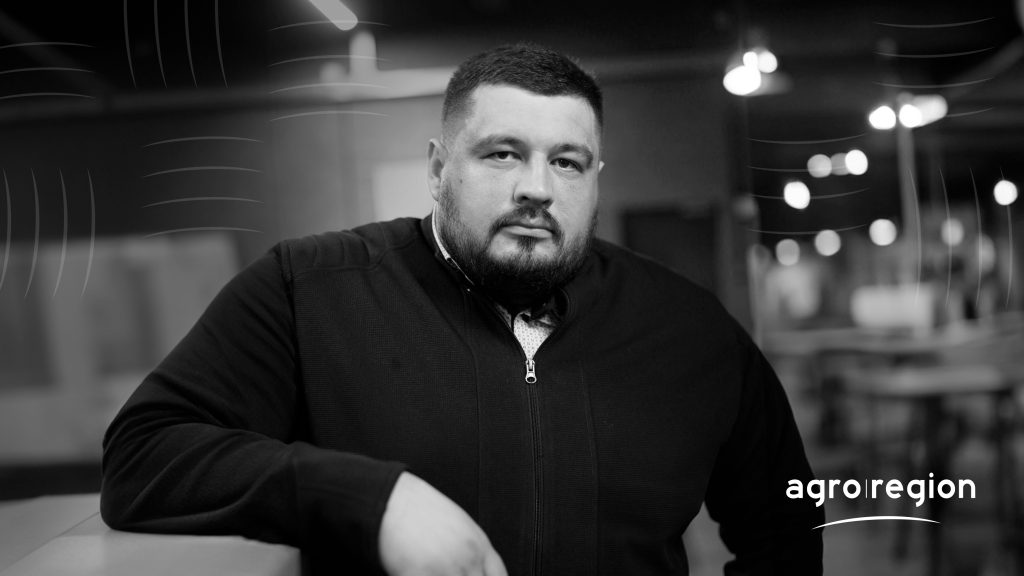Oleksandr Hurskyi: Everyone on the team understands the “clockwork” system
14. 03. 24

Blitz interview with the manager of the Myropil Elevator of Agro-Region Group of Companies, Oleksandr Hursky.
How did your team perform in the crisis situation, particularly regarding grain storage, when the market shifted?
Oleksandr Hursky: Before the full-scale war, we had been working well with external depositors. Thanks to good prices for logistics and grain, we could avoid long delays in storing grain at the elevator. Currently, tasks have become “star-studded,” where some work with certain depositors has been reduced, but more work has started with “first intermediaries.” Critical tasks were resolved thanks to such agreements. Additionally, we had to store part of the grain production in bags.
How important is team unity?
Oleksandr Hursky: The team understands that during wartime, everyone should work for the good of our country. Everyone in the team understands the “clockwork” system: if even one employee falls out of work like a cog, it slows down the workflow. Therefore, everyone gives their 101%.
Elevator employees understand that there should be people nearby who will lend a helping hand in critical moments of life or workflow—not only in words but also in deeds, starting from the director to the cleaner.
How do you motivate the team?
Oleksandr Hursky: It happens differently because everyone has their own motivation for the team and work. For some, it’s material motivation, for others, it’s non-material. Some people are motivated by a social approach, some by psychological. Educational motivation works very well for young workers. But it all depends on a person’s psychotype.
What influenced your choice of profession?
Oleksandr Hursky: I used to enjoy solving various tasks—both simple and more complex ones. I knew from people who worked in this field that the profession was multifaceted, and there was an opportunity to express and develop oneself as a person. So the choice was obvious.
What do you value most in the team and Agro-Region company?
Oleksandr Hursky: Determination, focus on results, honesty in work, support, and much more.